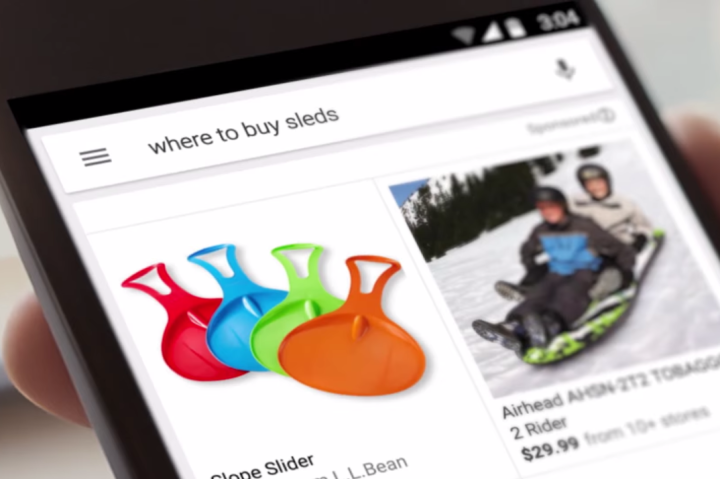
Google will continue to give precedence to sites with design that are optimal for mobile use, but will remove the “mobile-friendly” label it used to highlight such sites. 85 percent of all sites now are usable on mobile devices, so Google no longer saw this as necessary.
New to its ranking criteria is a check for what is called an “interstitial.” A good example are the ads that appear before you’re given access to the content, or appear “over” the content. Developers have even gotten good enough that Google still can index the content below the interstitial, even though you can’t see it.
Google will check for interstitials after January 10, 2017. “Pages that show intrusive interstitials provide a poorer experience to users than other pages where content is immediately accessible,” product manager Doantam Phan said. “This can be problematic on mobile devices where screens are often smaller.”
Phan does say there are some interstitials which wouldn’t be affected by the new policy, including those that alert about cookie usage or ask a user to verify their age, or ones that take up a “reasonable” amount of screen space. Phan pointed to the installation of banners as an example of a reasonable use of space.
Despite the new rules, relevance of content is still a very strong ranking signal, so there still could be cases where sites that use interstitials in a way that Google now frowns upon still rank high in results. “The intent of the search query is still a very strong signal, so a page may still rank highly if it has great, relevant content,” Phan explained.
Editors' Recommendations
- Google witness accidentally reveals how much Apple gets for Safari search
- What is Google Assistant? Here’s the guide you need to get started
- Google Wallet is back and it has some new tricks
- Google launches Pixel Arena in NBA app for the playoffs
- Miss unlimited Google Photos storage? T-Mobile has a deal for you

